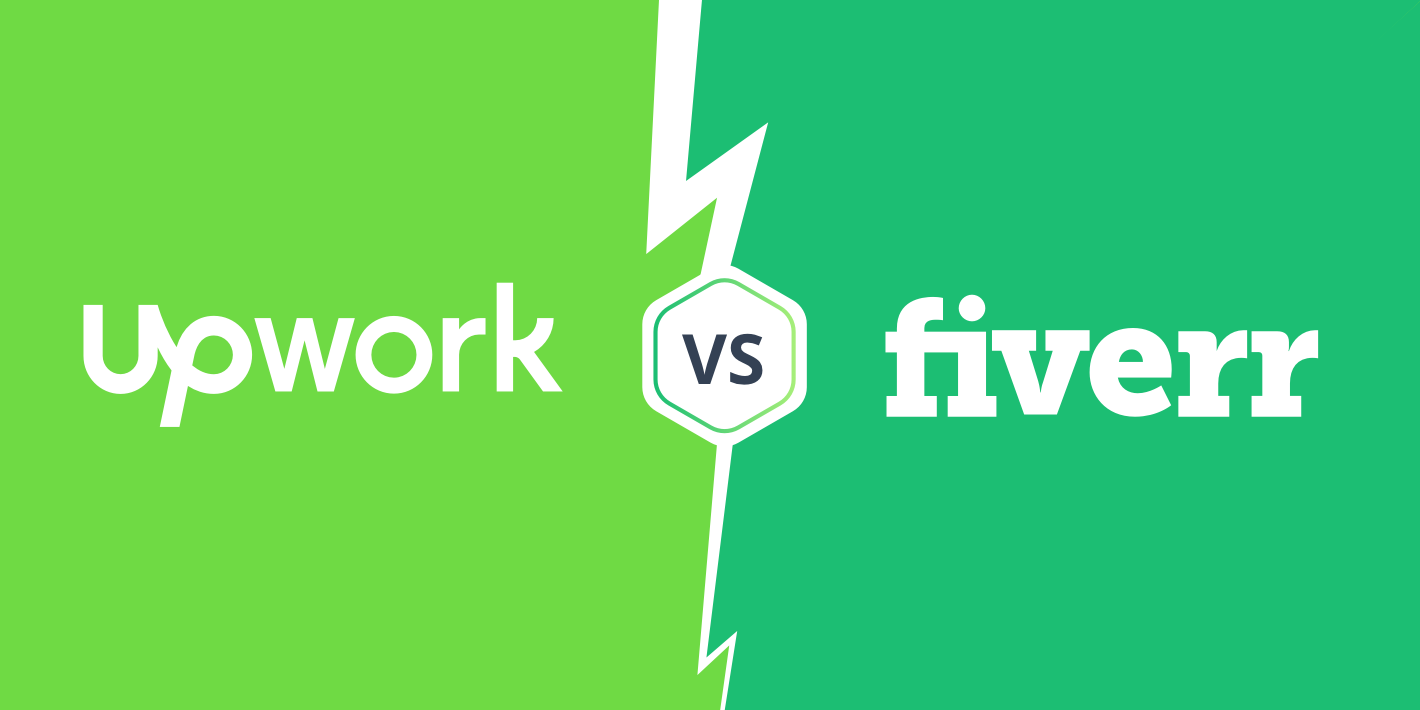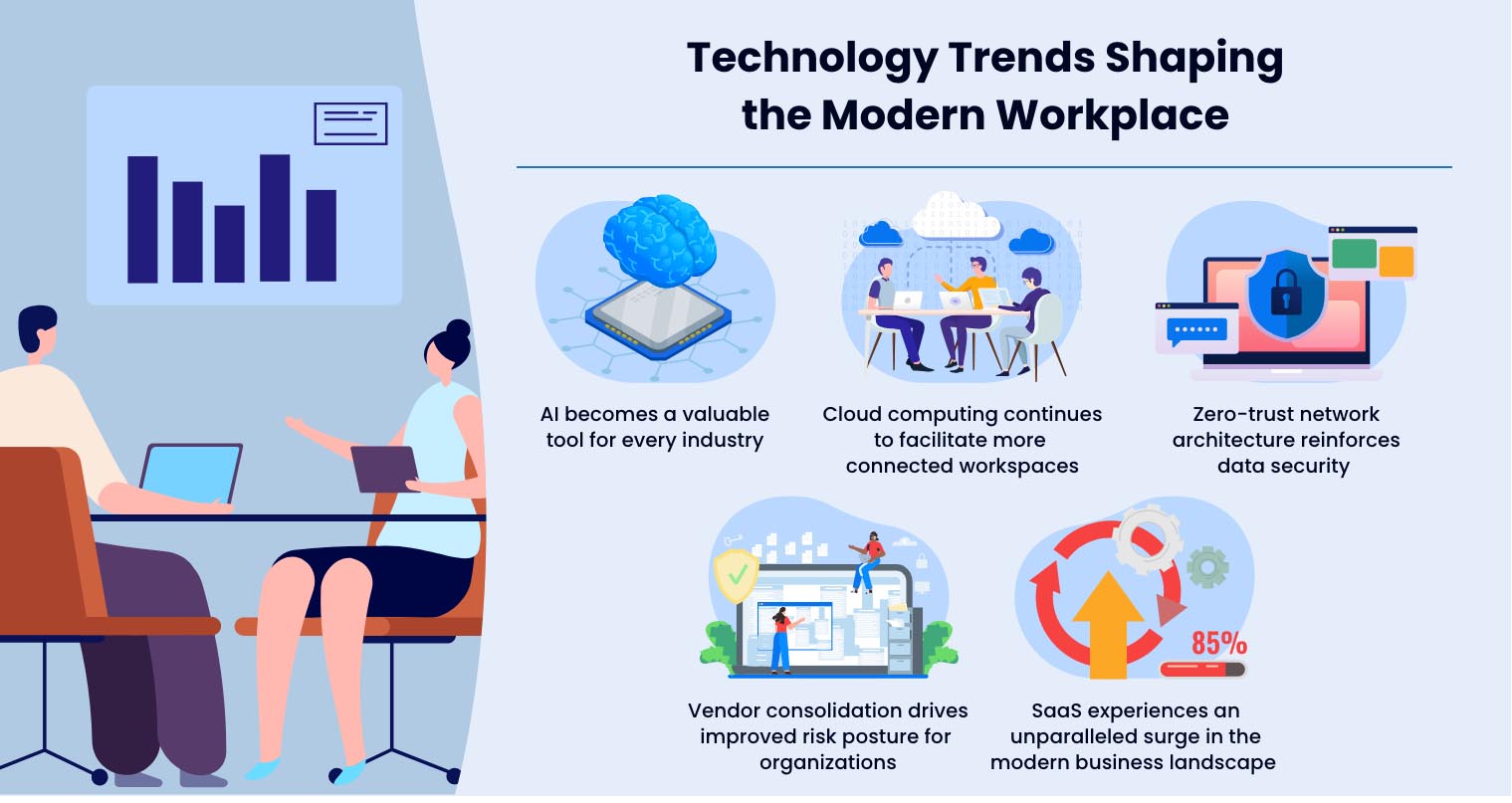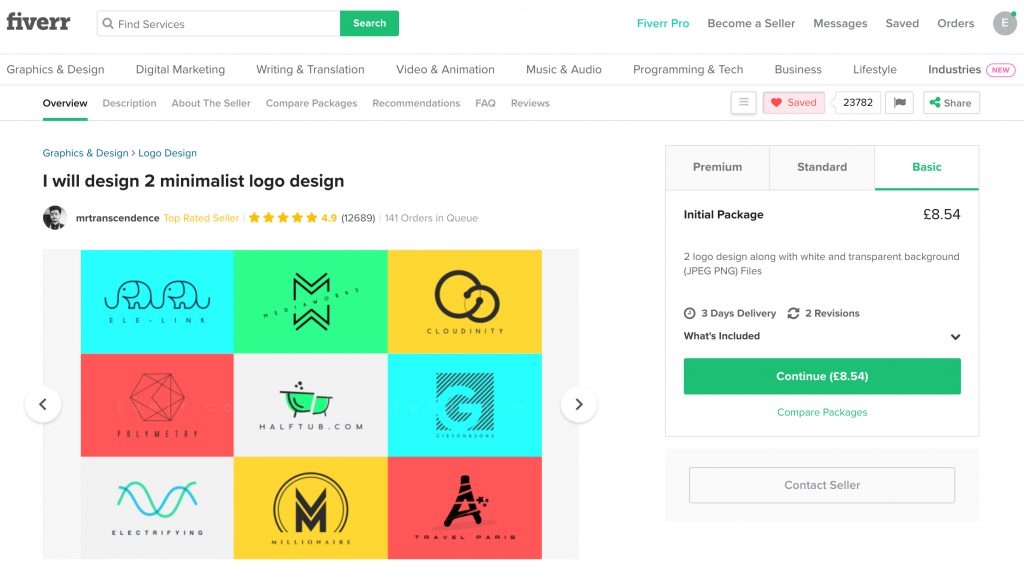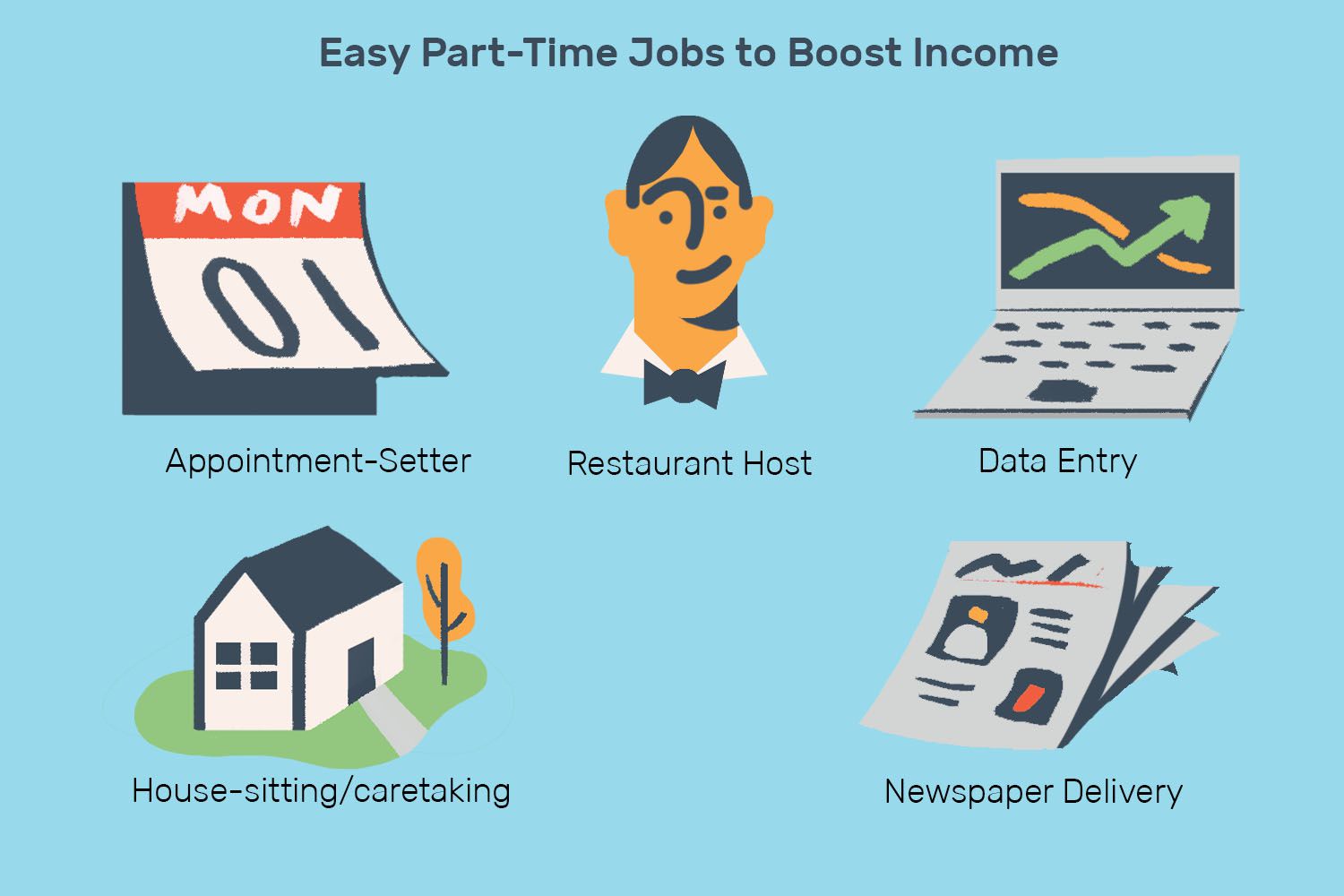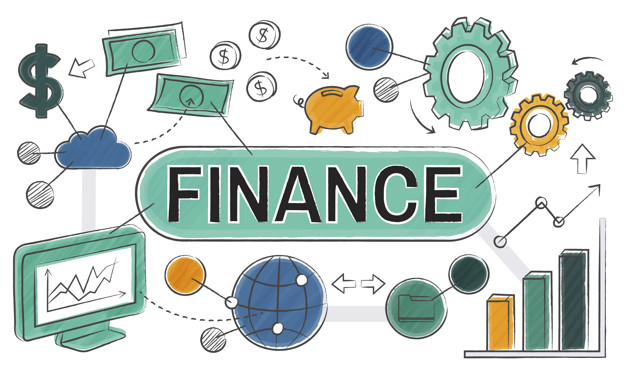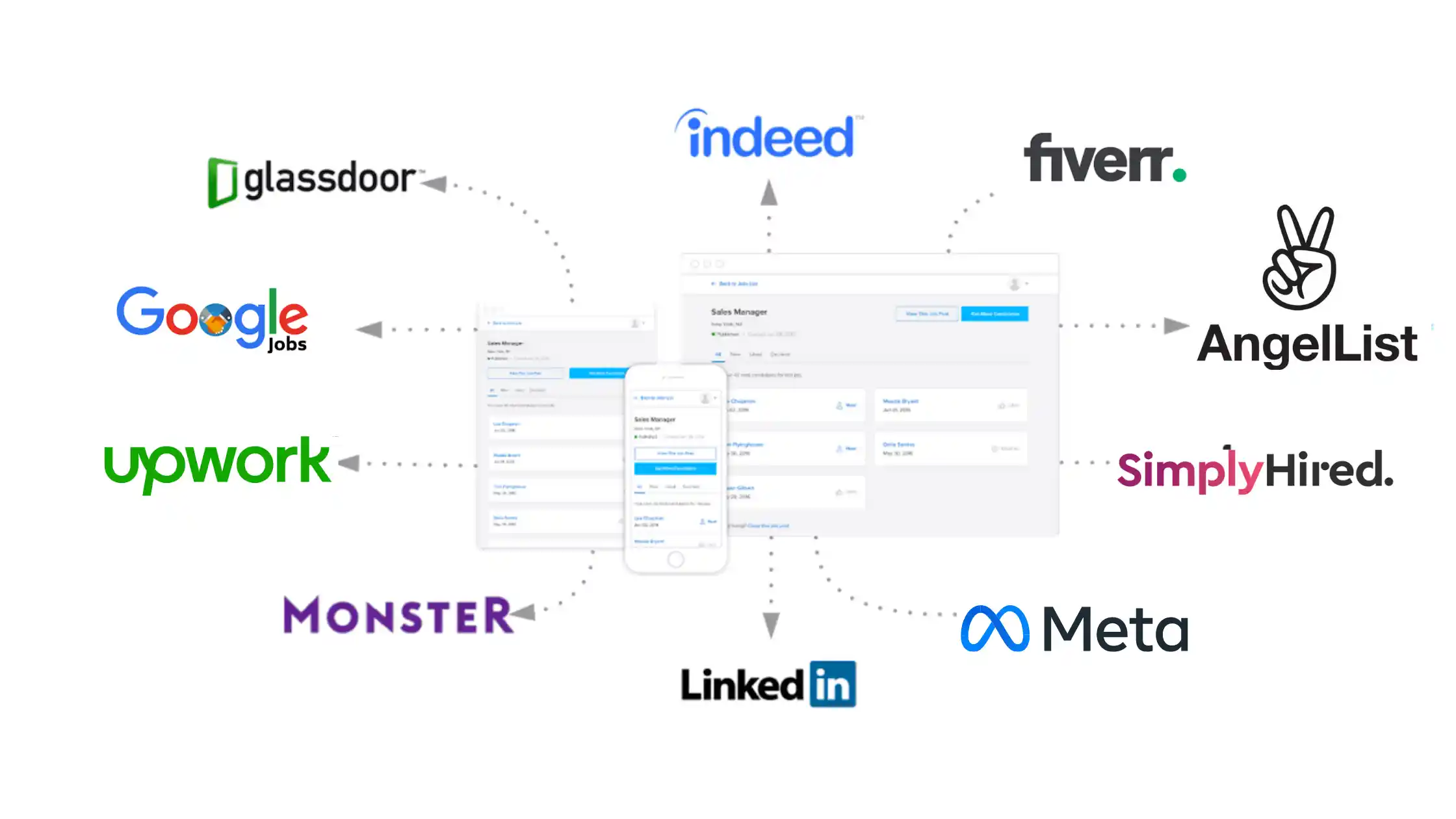The Gig Economy for Creatives: Turning Your Passion into Profit
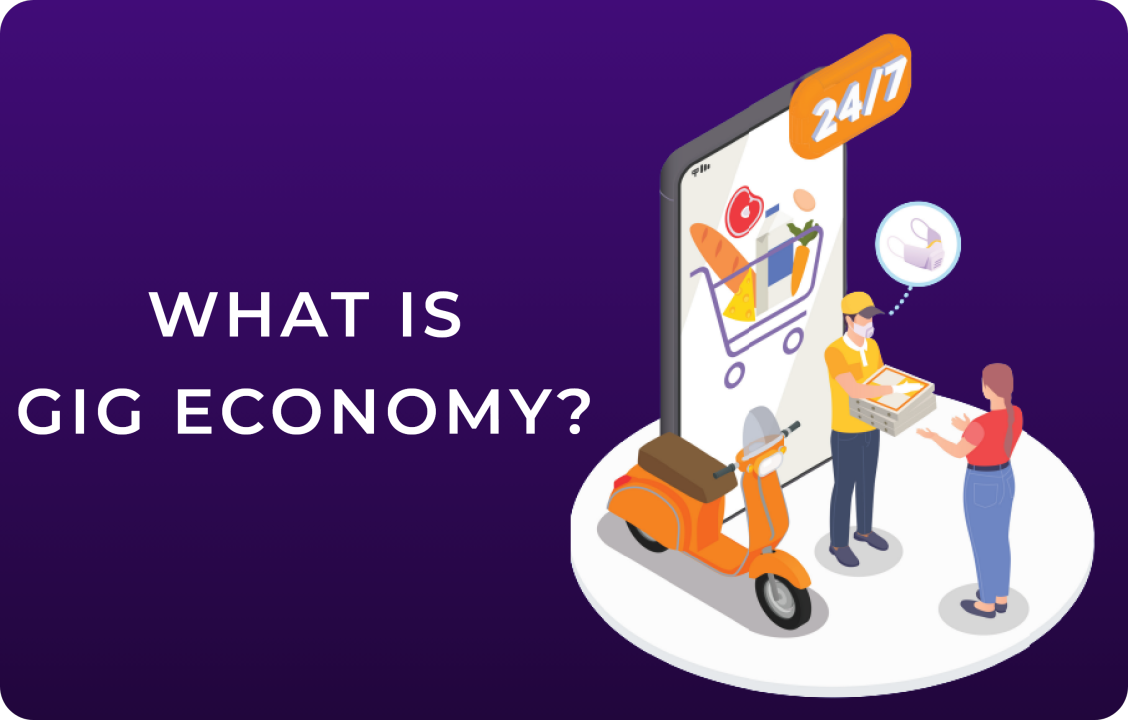
The Gig Economy for Creatives: Turning Your Passion into Profit In today's dynamic professional landscape, the gig economy offers a thriving platform for creatives to showcase their talents and turn their passion into a lucrative venture. As a professional content writer, you have a unique opportunity to capitalize on this trend. In this comprehensive guide, we will explore the ins and outs of navigating the gig economy, providing you with valuable insights on how to harness your creativity for financial gain. Embracing the Creative Gig Economy 1. Understanding the Gig Economy Landscape Defining the Gig Economy: The gig economy refers to a labor market characterized by short-term contracts or freelance work as opposed to traditional full-time employment. Benefits for Creatives: For content writers, the gig economy offers flexibility, autonomy, and the chance to work on diverse projects. Navigating the Gig Economy as a Content Writer 2. Building a Strong Online Presence Creating a Compelling Portfolio: Showcase your best work in an easily accessible online portfolio. Optimizing Your LinkedIn Profile: Ensure your profile highlights your expertise and attracts potential clients. 3. Networking and Branding Joining Freelance Platforms: Platforms like Upwork, Freelancer, and Fiverr connect freelancers with clients seeking specific skills. Engaging on Social Media: Actively participate in industry-related discussions and showcase your expertise. 4. Setting Your Rates and Negotiating Contracts Determining Your Worth: Research industry rates and factor in your experience and expertise when setting your rates. Clear Contract Agreements: Ensure contracts outline project scope, timelines, payment terms, and any additional expectations. Thriving in the Creative Gig Economy 5. Delivering High-Quality Work Understanding Client Needs: Take the time to thoroughly understand the client's vision and requirements. Prioritizing Communication: Keep clients informed of progress, seek feedback, and address any concerns promptly. 6. Managing Finances and Taxes Setting Aside Taxes: Remember to set aside a portion of your earnings for taxes as a self-employed professional. Expense Tracking: Keep meticulous records of business-related expenses to maximize deductions. Adapting to Emerging Trends 7. Voice Search and Natural Language Processing (NLP) Optimizing for Voice Search: Understand how users ask questions verbally and incorporate natural language into your content. Leveraging NLP in Content Creation: Create content that aligns with the way people naturally speak and ask questions. Nurturing Long-Term Client Relationships 8. Providing Value and Building Trust Consistency is Key: Deliver high-quality work consistently to establish trust and credibility with clients. Offering Value-Add Services: Go the extra mile by suggesting additional strategies or content ideas that can benefit the client. Embracing the Creative Journey The gig economy presents a wealth of opportunities for content writers to transform their passion into profit. By understanding the nuances of this dynamic landscape and leveraging your creative skills, you can thrive in this evolving professional paradigm. Remember, your unique voice and expertise have the power to shape compelling narratives and make a lasting impact. So, embark on this creative journey with confidence. The gig economy awaits, offering you a platform to not only showcase your talent but also turn your passion into a prosperous endeavor. Happy writing!















































